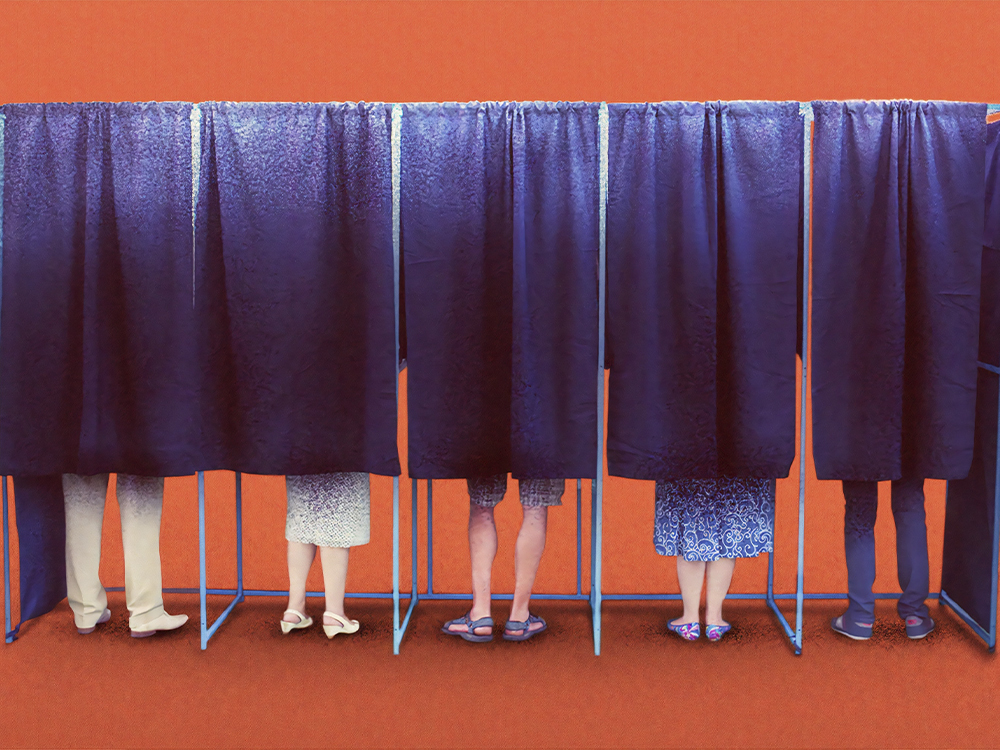Timely Topic: How Will Gender Stereotypes Affect Kamala Harris’ Vice Presidential Run?
08.21.2020

Upon being named Joe Biden’s vice presidential pick, Sen. Kamala Harris became a “first” in many categories. She is the first Black woman on a major party’s presidential ticket. And if elected, she would be the first woman, first Black American and first Asian American to serve as vice president.
But how do voters’ attitudes about gender affect their behavior at the polls?
Dr. Harold Clarke, Ashbel Smith Professor in the School of Economic, Political and Policy Sciences at The University of Texas at Dallas, is a political scientist and research methodologist who has studied how attitudes about gender affect the way people vote.
Clarke and his colleagues have analyzed data from the Cooperative Congressional Election Study, a very large representative national survey conducted right before and after the November 2018 congressional elections.
Based on that research, Clarke said running a Democratic female candidate decreases the probability of citizens voting Democratic overall, but the effect is modest – about 4% or 5% lower. On the other hand, running a female candidate increases the probability of voting Democratic if the voter has progressive, rather than traditional, attitudes toward women’s societal roles.
Putting those findings into the context of the 2020 presidential election, Clarke predicts that having a female vice presidential candidate will have an overall negative effect; however, this will be offset to some degree by making voters with progressive attitudes toward women’s societal roles more enthusiastic about a female candidate.
“Traditionally the VP candidate is not particularly important for how people vote,” Clarke said. “What’s much more important is how voters react to the rival presidential candidates, as well as judgments about performance on major issues such as the economy, health care, education, and national and personal security. All voters are on the same side of these issues — everyone wants a strong economy and affordable, accessible and effective health care — but the question is how best to achieve these goals and who is best able to do so.”
Clarke added, however, that the COVID-19 pandemic has resulted in uncertainties caused by how governments have handled that crisis and its huge negative impact on the economy.
“Our forecasts show that President Donald Trump will have a hard time unless there is at least a moderately strong economic rebound,” Clarke said.
–Brittany Magelssen
Note to journalists: Dr. Harold Clarke is available for news media interviews. Contact Brittany Magelssen, 972-883-4357, [email protected].



